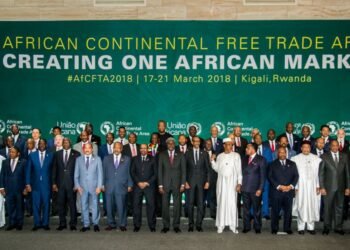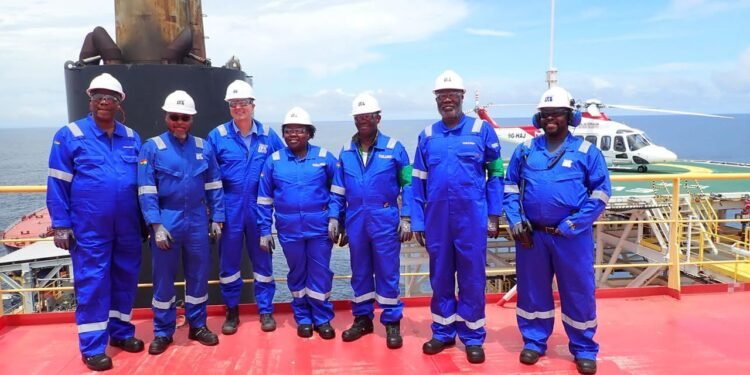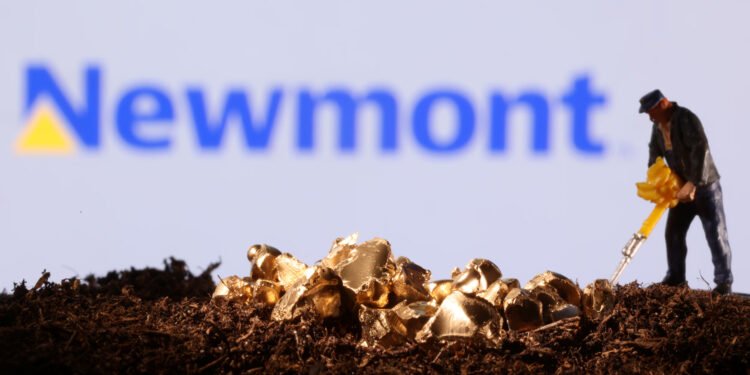Chief Executive Officer of the Association of Ghana Industries (AGI), Seth Akwaboah, has expressed the need for government to prioritise a predictable business environment for industries ahead of an International Monetary Fund (IMF) intervention.
According to him, the AGI comprises of businesses which require stability to enable them run and also “stability in the microeconomic environment” when it comes to interest rates. He indicated that stability is equally key when it comes to the policy rate and in inflation.
Mr Akwaboah revealed that government needs to have a clear plan because when investors troop in to partner businesses, “they want to have a clear, predictable” environment.
“When you’re importing raw material to produce, you want to be sure that by the time you finish production, you’re able to pay back the facility and the raw material you imported. So, for us, our number one priority is a predictable business environment. Now, the situation we find ourselves is a difficult situation. Difficult in the sense that we all know what is happening in recent times, oil prices are going up, cost of food is going up, inflation is skyrocketing, policy rate is 19%, so interest rate will be in the range of 25/30%.”
Seth Akwaboah
Mr Akwaboah noted that inflation and other components affecting businesses are all critical challenges which requires urgent solutions. He stated that for the Association, any prescription that will help stabilize the situation and make the business environment more conducive is welcomed. Nonetheless, he opined that the AGI would have wished the situation was different under the circumstance, particularly with the problem of economic stability in the country.
“… Therefore, for AGI, I don’t think at this stage we have a choice, therefore, we have no problem with government seeking the IMF intervention to bring stability into the system.”
Seth Akwaboah
The CEO of the AGI highlighted that the country was doing pretty well at a certain point, but it was marred by issues of over expenditure and dealing with external shocks. These, he explained, have contributed to the challenge the country is experiencing today.
“We wish we wouldn’t have come to this point so that we use our own homegrown solution to solve our problems instead of always resorting to the IMF. But we’ve reached a critical point where without such intervention, we will probably have more problems.”
Seth Akwaboah
Moving Ghana from import dependency
Elaborating on the challenges, Mr Akwaboah revealed that one key area government has to look at is the import-dependency of the country. He noted that “we are importing virtually everything” into the country. He emphasized that once the country becomes import dependent, it is actually “importing inflation into your system [and] any external shocks, you feel it so strongly” because it is highly dependent on imports.
“What we would have loved to see all these years, and… part of the reason why we are in this situation is because we are so import-dependent, we are not producing much in this country… What we would have loved to see is how we grow the local industries, how we link agriculture effectively to industries, how we grow agriculture and link it to service so we have all these key productive sectors growing [and] employing our people.”
Seth Akwaboah
Mr Akwaboah indicated that when issues of import dependency are addressed, external shocks will not be felt so much. He maintained that if oil prices are going up, it may go up “but cost of food shouldn’t go up that much because you are not importing so much”.
READ ALSO: Buaben Asamoah Describes Politicization Of IMF Debate As Toxic























